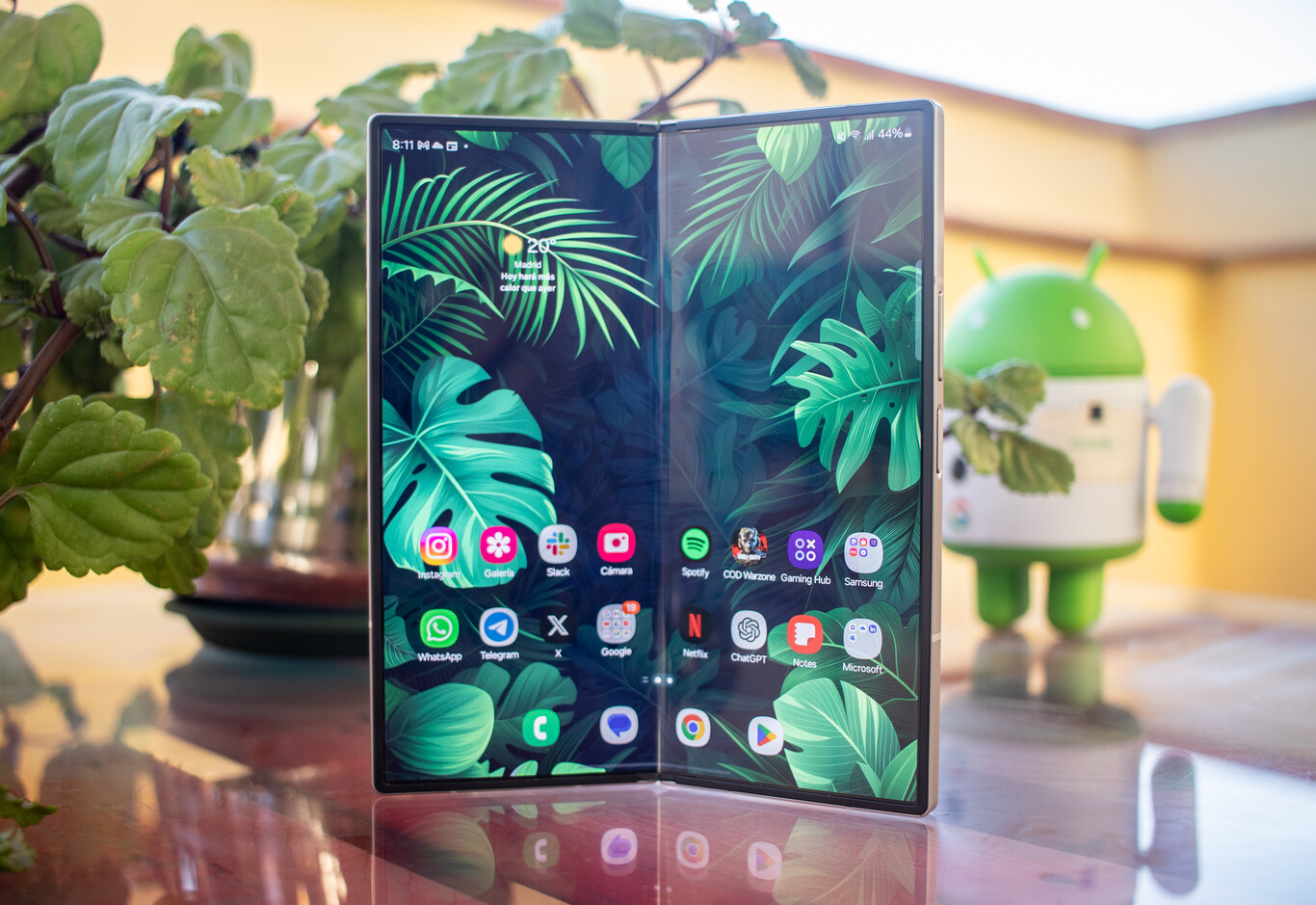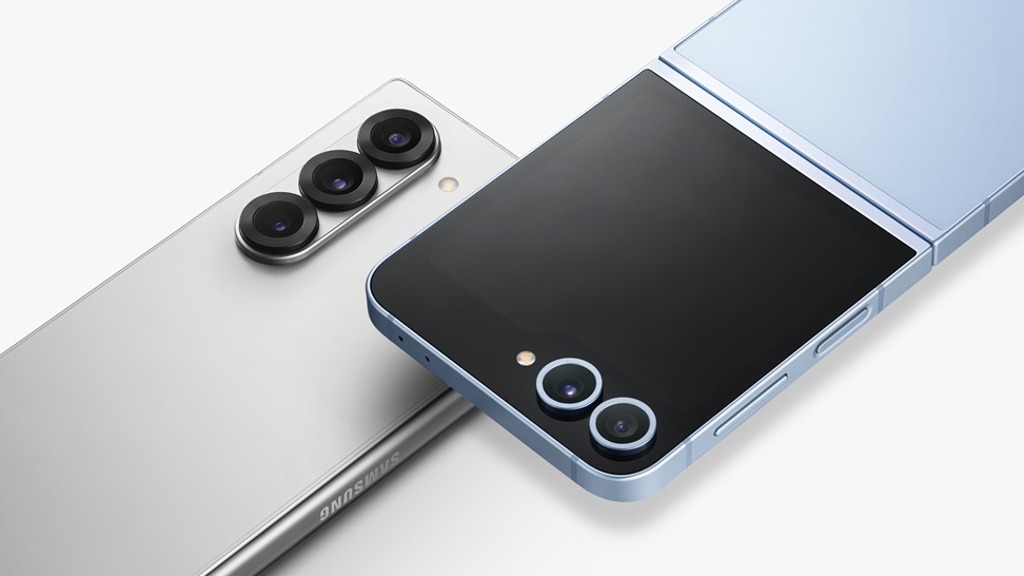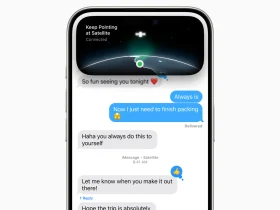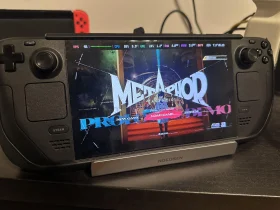Samsung has recently stopped providing software and security updates for the Galaxy Z Fold 2, a foldable smartphone released in September 2020. This device was initially celebrated for its impressive features, including a Qualcomm Snapdragon 865+ processor, 12GB of RAM, and a 7.6-inch foldable OLED display with a 120 Hz refresh rate.
The Z Fold 2 also introduced a larger external screen and under-display cameras, significantly improving the durability and functionality of foldable devices compared to its predecessor. However, despite its flagship status, it has now been left without updates, highlighting Samsung’s relatively short support period for its premium devices.
When the original Galaxy Fold launched, it faced serious durability challenges, which the Z Fold 2 aimed to address. Samsung made several key improvements, making the Fold 2 a more reliable option. It became a significant milestone in the foldable phone category, setting the stage for future iterations like the Z Fold 3 and eventually the Z Fold 6.
These newer models have continued to evolve in both design and functionality. Yet, the Z Fold 2, which retailed for $1,800 at launch, is no longer supported with critical updates, signaling its discontinuation in terms of official software support.

The discontinuation of updates for the Fold 2 was first noticed by Sam Mobile, who found that the device had been removed from Samsung’s list of supported smartphones. It received its final Android OS update in 2023, but no further security patches will be issued, leaving it vulnerable to potential threats.
This decision is part of a broader trend where even flagship devices are cut off after just a few years. Similar moves have been seen with other Samsung products like the Galaxy Tab A7, which also debuted in 2020 and is now unsupported. This raises questions about the longevity and value of premium devices that only receive limited update support.
In contrast to this, Samsung has made significant commitments to extending support for its newer devices. Since 2022, it has promised up to four Android OS updates and five years of security patches for selected models, and this was extended to seven years of updates in 2024.
This new policy aligns with Google’s approach for its Pixel devices, offering longer software lifecycles. However, the Galaxy Z Fold 2 is not part of this extended update plan, leaving it without future support and highlighting the limited lifespan of even high-end devices after just a few years.
This situation contrasts with Apple’s policy, which guarantees a minimum of five years of security updates for its iPhones. Apple supports even older devices like the iPhone XR, which was released in 2018, with the latest iOS updates. This difference in approach has sparked discussions about the need for stronger regulations around the expected lifespans of smartphones, especially expensive ones like the Galaxy Z Fold 2.
Critics argue that consumers should be aware of how long a device will receive updates before purchasing, with some calling for more transparency from manufacturers like Samsung. While Samsung has made progress in offering longer support for newer devices, its historical reliance on third-party chip vendors, like Qualcomm, has hindered the ability to extend support beyond a few years for older models.







Leave a Reply